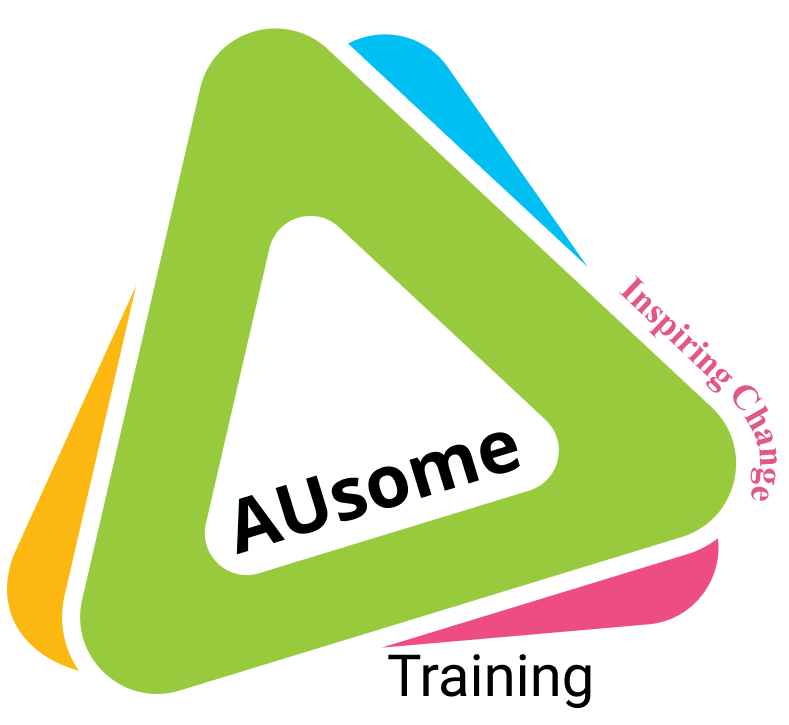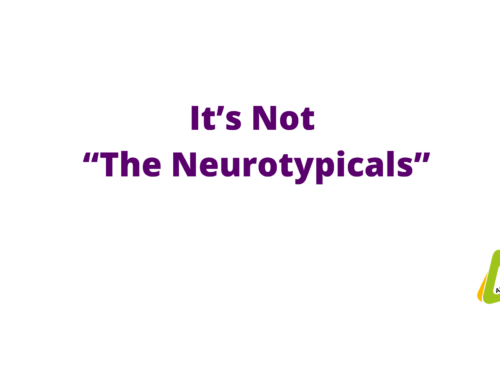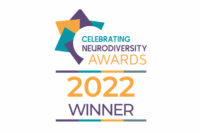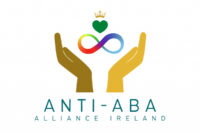Some words do a lot of work. This isn’t because they get used a lot, like ‘the’ or ‘and,’ but
because they allow us to describe a powerful concept. Some can unlock access to whole
new ways to think about the world, or just enable us to express our feelings, hopes, or
fears. One is in the title on this post – solidarity. So, too, is ‘gaze’ which I touched on last
month. Other include ‘neurodiversity’ or ‘equality’ or ‘compassion,’ ‘discrimination,’
‘marginalisation,’ ‘gender’ or ‘evolution’ or ‘justice’ or ‘trauma.’ For this discussion I’m
going to call them ‘Big Words’ because they do big work.
One particularly useful Big Word is ‘alienation.’ Alienation describes a process in which
two or more things that belong together are separated from each other, resulting in some
sort of harm or injustice arising. As a philosophical concept it has a long history and if
that’s of interest you are encouraged to do an internet search for ‘theory of alienation.’
But read the rest of this post first because it’s a rabbit hole you can spend months
exploring.
The particular form of alienation I’m interested in here is social alienation – a sense
and/or reality of being disconnected from family, community, society… As with most Big
Words, alienation in this sense touches on a vast range of experiences including feeling
powerless to act as you wish, or to make changes happen (or stop them). It also refers to
an absence of meaning – feeling your actions serve no purpose or that the actions of
others are meaningless to you, that you are disconnected from the norms and values of
those around you (or vice versa), or that relationships with others – family, classmates,
peer groups, colleagues – exist in name only. To push this on another step, alienation
includes actual isolation either through lack of contact or through being ignored – that
‘alone in a crowd’ feeling.
Hopefully at this stage you have at least a hint of why I’m focusing on this topic, and it’s
relevance to the lived experience of many Autistic and otherwise Neurodivergent people.
Actually a lot of these experiences are shared across a whole range of social groups that
are marginalised, discriminated against or misunderstood. One solution is ‘finding your
own people.’ Having a community of people who share your experiences, especially if
those are pretty horrible experiences at times, can be a literal life-saver.
This is the bit where I yet again remind readers that humans are a social species – we
survive and thrive not as individuals but through cooperation, we rely on connection and
shared goals to give meaning to our lives, we are motivated through the example of
others and sustained by their support.
There’s a lot to be said for minority communities in this sense, but so long as adversity
persists it is more a means to endure than a full solution. More than that, humans are
also flawed beings – misunderstandings happen, and value systems clash. It is possible
to feel deeply alienated from the community of ‘your own people’ as from wider society,
and because that community has so much potential to enrich a person’s life and provide
understanding and support, the disconnection cuts deep. Anyone who has taken on an
organising or leadership role within a minority community will be familiar with the work
required at times to just stop everything going up in flames… and will likely have seen
examples of individuals devastated by alienation from their peers.
Having said that, people DO do that work. It is work that’s often invisible and
underappreciated but they do it anyway. And mostly it bears fruit. For all the rough edges,
minority communities tend to be vibrant, creative, compassionate and supportive
spaces.
Even so, the reasons they need to exist largely go unaddressed. A community voice
certainly carries more weight than many isolated individual voices, but it remains a
minority voice typically disconnected – alienated – from social power structures, from
financial strength, public spaces and so on.
Our societies are filled with small communities like this, defined by the ways they have
been alienated – through ethnicity or religion, through disability or neurodiversity,
through racialisation, gender, sexuality, age, education, income…
There’s several ‘Big Words’ in the mix there, and actually the ways such groups are
defined and the experiences they have tend to be all about Big Words – race, gender,
disability, injustice, disempowerment, trauma, community, marginalisation, equality and
more.
So. Let’s get to the point of all this: Solidarity. Members of so many minority and
minoritised communities have needs and rights. You, the reader, are likely part of a
minority community, be that Autistic or some other form(s) of Neurodivergence, you may
well be a carer, you may have medical needs, be LGBTQIA+, part of a minority ethnicity,
be unemployed… And acting together and supporting each other makes us all stronger.
One thing those Big Words reveal is a commonality of experience. The details, the
mechanism, the severity of disempowerment or trauma or injustice varies… but the
experiences themselves are in essence the same, and the forces shaping those
experiences are also often the same.
In each case it is likely that the needs of your community are poorly served. Chances are,
you’re part of several such communities and are affected by the intersection of those
needs and of the obstacles you face.
Here’s the thing – and it is a significant part of why Solidarity is a Big Word – you can
have a community of communities. We all share a lot of similar experiences. As noted,
the precise form they take will vary but the experiences themselves are felt very much
the same way. We can wrap those up with a Big Word we’ve already met: alienation.
When you create a community of communities, share stories of common experiences,
discuss collective action and mutual support, share resources and step up as each
others’ allies that creates another ‘big’ thing: a big voice. And big voices make big
changes much more attainable.
Great. Alienation is a powerful concept and understanding how it works in many areas of
our lives is empowering. Community is a brilliant thing to be part of. Solidarity both within
a community and across a community of communities can transform lives. Is that it?
Nope.
The title of this piece is ‘The Weirdness of Solidarity.’ This is where we talk about the
weirdness.
It’s not hard to appreciate how having allies can make your voice resonate, how sharing
the work makes life easier for everyone, or how unified action can accelerate needed
change. That’s not weird, it’s pretty obvious.
The weird bit is what it feels like to know someone’s got your back should you need it.
When you have safety nets, you act with more confidence. When you can call on a team,
facing a task alone is easier. When you have a crowd to call on, you raise your voice
higher and speak truth with greater passion. When someone you trust keeps watch, you
can take your rest easier.
The magical, weird truth about solidarity is the strength and endurance it creates even
when it is not called on for support. Just knowing you could… that is empowering in itself.
And this matters now and in the years immediately before us. On many fronts we, as
marginalised peoples, are close to making essential change happen at last. On others,
we face new and troubling challenges. Arching over all this looms one giant threat in the
form of climate change which we know will impact – already is impacting – the most
marginalised and most vulnerable among us first and hardest.
But our experiences have made us creative and agile in the face of adversity. Our
alienation makes it easier for us to let go of an unhelpful status quo. Our communities
lend us diversity and strength.
Reach out. Take part. Share your experiences. Listen to each other. Honour the work
already done. Lighten the load. Be part of the backup we all need.
We are connected not just by our challenges but our potential. Together we survive
today, and we thrive tomorrow.
With love and solidarity,
MAQQI



